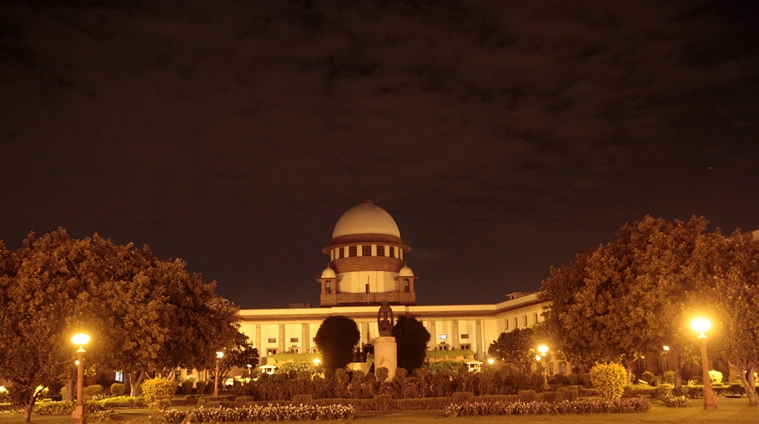Improving collegium system: public notice invites suggestions
Likewise, all those who desire to make suggestions may do so directly, on the website of the Department of Justice, Ministry of Law & Justice, New Delhi.
Court had earlier on November 3, asked the petitioners and the respondents in the batch matter which successfully challenged the constitutionality of the NJAC, to submit their suggestions to the bench.
The Constitution Bench hearing on Thursday to “better” the collegium system initially got drowned in a wave of protests from certain advocates who demanded that every citizen be heard on the issue. However, the court also invited suggestions from the legal community on ways to improve the current system.
Suggestions were submitted on four aspects – how to improve transparency in judges selection process, what changes to make to the eligibility criteria, on formation of an office of the collegium in the Supreme Court which will be called the secretariat and on how to deal with any complaints or adverse reports about a candidate for judgeship.
Though the compilation was a joint venture of additional solicitor general Pinky Anand and senior advocate Arvind Datar, a five-judge bench headed by Justice JS Khehar chose to pick on attorney general Mukul Rohatgi for the lapse in compiling suggestions from advocates.
Senior advocate Fali Nariman said: “Thousands and thousands of lawyers can either be heard orally or in writing, but ultimately it is up to the court to come to a conclusion”. Upendra Baxi, Supreme Court Women Lawyers’ Association and Lawyers’ Collective, a human rights NGO, among others.
“We have received suggestions from 60 representatives”.
Under the first category, suggestions included that the criteria for applicability such as age, income and academic qualification must be made available on the Supreme Court website. Another request was for a standard questionnaire to be filled by all candidates.
Justifying the new law, the government had argued that there was lack of transparency in the old system and many undeserving and inefficient judges were being elevated exclusively by virtue of their political connections or for being kith or kin of sitting judges. Additionally, more number of women were sought to be appointed as judges. Quota reservation for scheduled castes and scheduled tribes and other backward classes in the collegium was another suggestion.
The Constitution Bench will reconvene on November 18, 2015 when a hearing would be conducted on the suggestions made, for two days i.e. till November 19, 2015.








